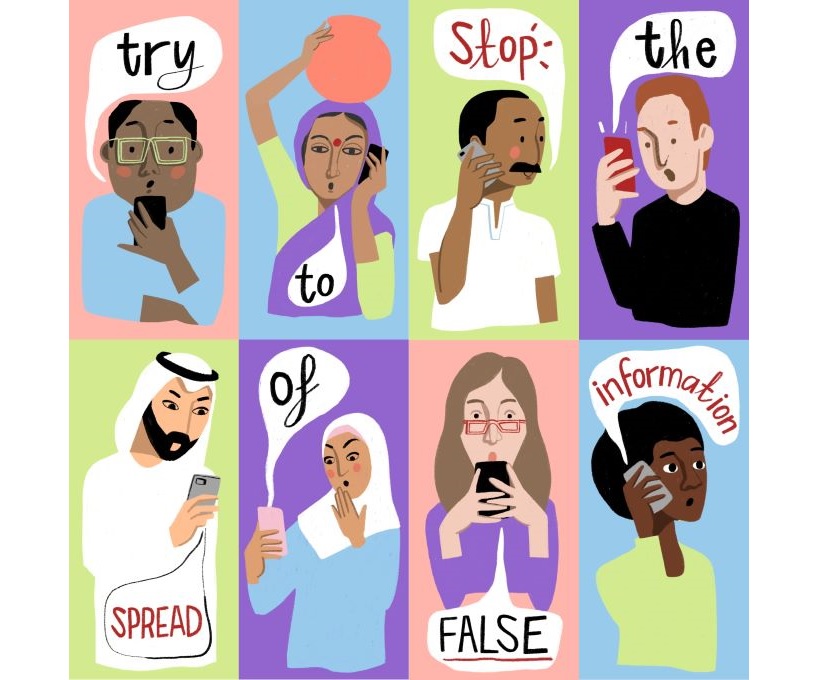Bad information has been circulating since time immemorial, but it has been spreading like wildfire as more people are consuming and sharing news and information online without knowing its actual content.
Misinformation, disinformation and rumours are especially dangerous during a global crisis such as the current COVID-19 pandemic.
The Department of Global Communications from the United Nations (UN) warned that such widespread of useless, false or harmful information in times like this “can hamper an effective public health response and create confusion and distrust among people.”
Therefore, it’s our responsibility to evaluate what we read on the Internet to prevent the spread of bad information and defend ourselves from believing in it.
Here are some tips for you to distinguish what’s real information and what’s not:
Consider the source
Ask yourself where or how you obtain the information. If it happens to appear on your social media feed or it is shared by a friend, it’s worth investigating its source.
Search for the information to see if it’s available on other sites. If it is, the information is less likely to be incorrect.
Go further by verifying the credibility of its source. Should it comes from a website, determine whether the web address is legitimate and read the “About Us” section for more description on the publisher, its mission statement and its contact info.
Read beyond the headlines
Headlines these days can be provocative and at times misleading. Instead of passing on those clickbaits, however, read further before you decide to share the information, even in legitimate news sites.
Find out the entirety of the information and verify its supporting sources, if any. You should also check whether the information is current and if there is any spelling error or dramatic punctuation.
High quality news, for example, usually comes from sources that ensures high proofreading and grammatical standards.
Check your biases
Conformation bias is a form of cognitive bias that leads people to put more trust in information that confirms or strengthens their personal beliefs and disregard information that doesn’t.
For that reason, you should always take into account your own beliefs whenever you read or share information.
Should there be information that you find personally appalling, don’t let your emotions cloud your judgment and keep an open mind as you take a moment to verify its authenticity.
Consult fact-checking sites
Your best bet in verifying an information is through fact-checking websites, as they highlight and debunk fake news stories. Popular ones include Snopes.com and AP Fact Check; in Malaysia, we have sebenarnya.my.
In the case of COVID-19, the best sources for health information are the World Health Organisation (WHO) website and official government health websites.
This is a weekly column by SarawakYES! – an initiative driven by Faradale Media-M Sdn Bhd and supported by Angkatan Zaman Mansang (AZAM) Sarawak – to provide advice and stories on the topics of education and careers to support Sarawakians seeking to achieve their dreams. Join us on Facebook, Twitter, Instagram and YouTube.
First published in the Borneo Post in print on 9th May 2020.



